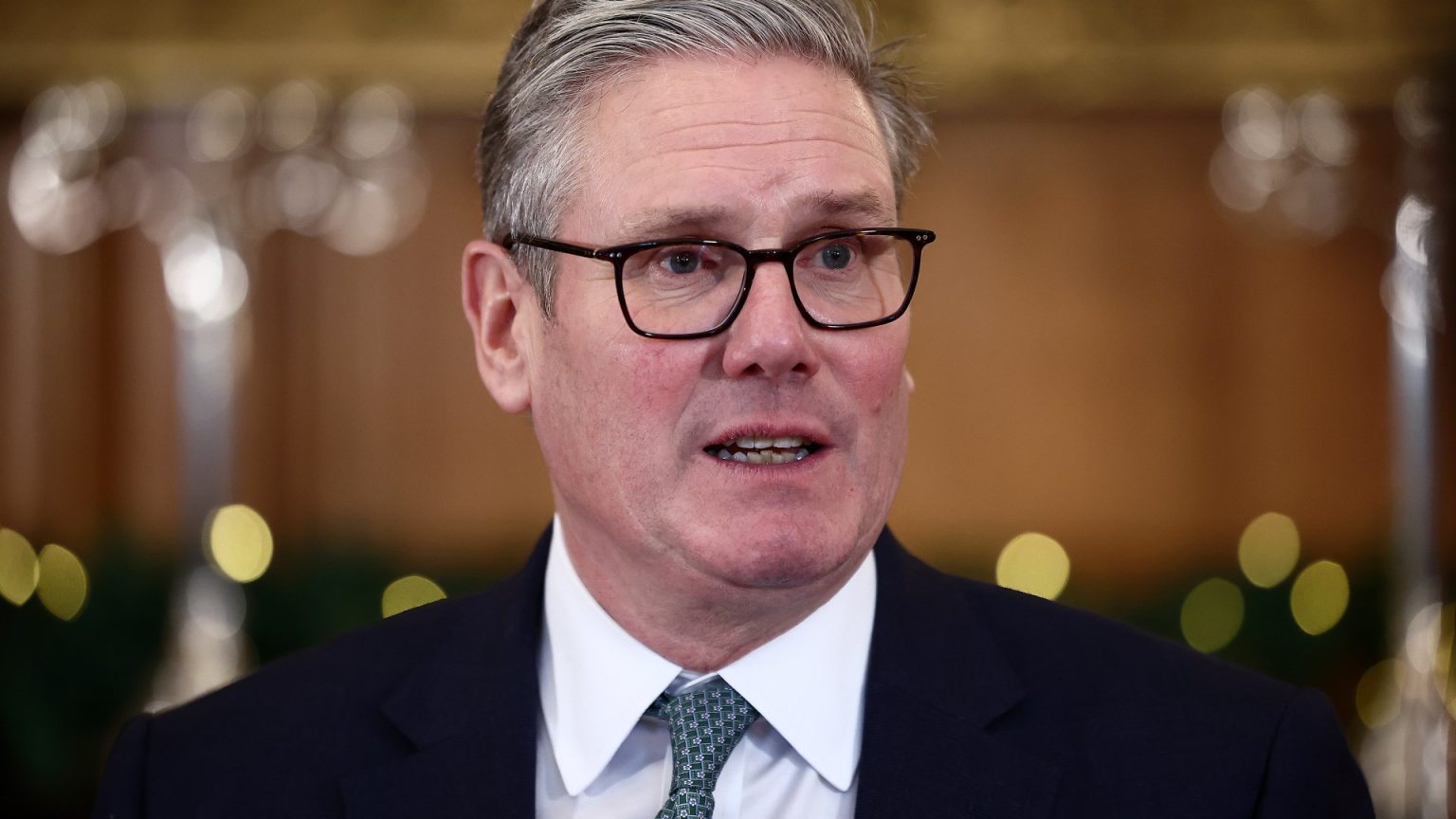Sir Keir Starmer faces a formidable challenge in the upcoming general election, the contours of which are becoming increasingly clear, even if the specific opponent and the precise nature of the fight remain uncertain. The Prime Minister recognizes the threat posed by a burgeoning right-wing populist movement, one that has the potential to dismantle his slender majority and eject him from power. This movement, potentially spearheaded by Nigel Farage and his Reform UK party, taps into a wellspring of public discontent, fueled by economic anxieties and concerns about immigration, mirroring similar trends in other democratic nations. Some within Starmer’s circle even estimate Farage’s chances of becoming Prime Minister as high as 3 to 1, underscoring the gravity of the situation. Even if Reform UK falls short of outright victory, its potential to erode Labour’s support base in key areas like the urban North, Wales, and coastal regions poses a significant threat to Starmer’s parliamentary power.
The rise of this populist sentiment, while dismissed by some as a fringe phenomenon, bears striking resemblance to the pre-Brexit and pre-Trump political landscapes, where similar underestimations of public anger proved disastrous for the established order. The global political climate appears increasingly receptive to such movements, with rightward shifts observed in Canada and Australia, and anxieties simmering in traditional European powerhouses like France and Germany. This international context, coupled with a domestic electorate potentially feeling betrayed by unfulfilled government promises, creates fertile ground for a potent anti-establishment backlash, a wave that Starmer may struggle to navigate.
Even if Farage isn’t the figurehead of this movement by the next election, his influence is already pulling the Conservative party further right, setting the stage for a battle far removed from the traditional center ground. This shift is evident in the rhetoric employed by figures like Shadow Justice Secretary Robert Jenrick, whose comments on immigration echo the sentiments that fuel the populist surge. The staunch defense of Jenrick by Conservative leader Kemi Badenoch further exemplifies this rightward trajectory, signaling a move away from the traditional center-right politics of the past. While Starmer has identified this shift, his strategy to counter it remains unclear. Labour’s current approaches, focused on issues like gang violence and economic reform, seem insufficient to address the underlying anxieties fueling the populist wave, leaving them vulnerable to being outflanked on key issues like national security.
Complicating matters further is the intervention of Elon Musk, whose attacks on Starmer’s handling of historical rape-gang cases as chief prosecutor have amplified the issue’s resonance, particularly among online audiences. While Labour’s strategy seems to involve avoiding a direct confrontation with Musk, the constant barrage of criticism necessitates a more robust response. The brief but intense alliance between Musk and Farage, while now seemingly fractured, offered a glimpse into the potential impact of such high-profile endorsements. Although the fallout between the two may provide temporary relief for Labour, it shouldn’t be misinterpreted as a definitive victory.
Farage’s continued rise in membership and poll numbers, despite the Musk episode, underscores his resilience and the enduring appeal of his populist message. His decision to distance himself from far-right figures like Tommy Robinson, potentially sacrificing a significant financial contribution from Musk, demonstrates a calculated pragmatism. This move, while potentially alienating a fringe element of his support, broadens his appeal to more moderate voters, strengthening his position as a serious contender in the future political landscape. This leaves the Conservative party facing a significant challenge, relying on hope rather than a concrete strategy to counter Farage’s influence.
Meanwhile, Starmer’s own actions, such as his invitation to Saudi Arabia’s controversial Prime Minister Mohammed bin Salman to an Arsenal game, raise questions about his own political maneuvering and potential compromises. This invitation, seemingly at odds with his previous criticisms of such engagements, highlights the complex political calculus involved and suggests a pragmatic approach that could be open to criticism. As the political landscape continues to shift, Starmer must find a way to navigate these complex dynamics, articulate a compelling vision, and develop a robust strategy to counter the rising tide of populism if he hopes to retain power. The current trajectory suggests a turbulent path ahead, demanding both vigilance and adaptability from the Labour leader.




